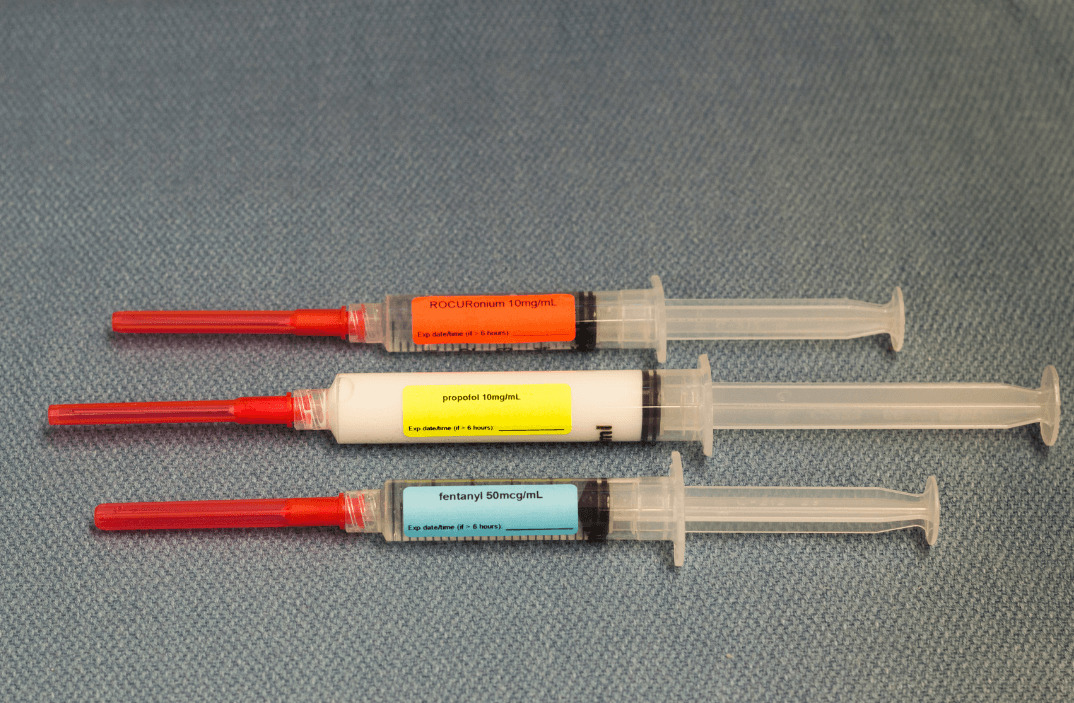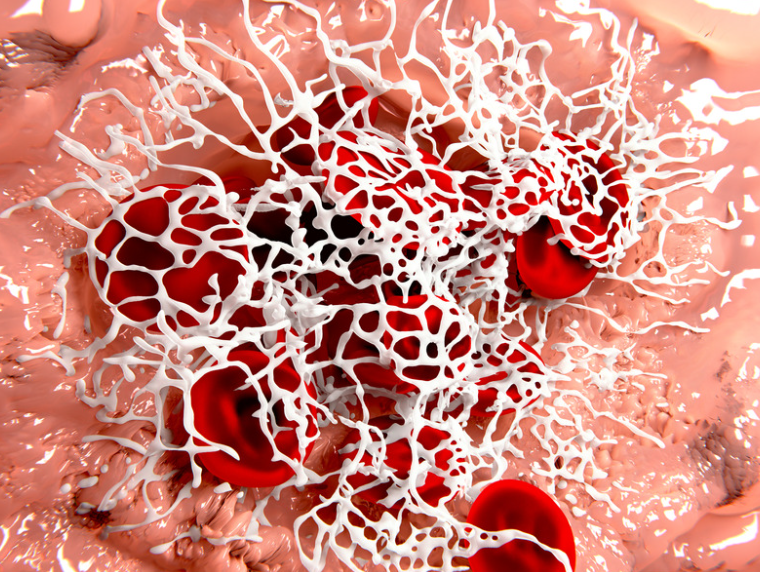Case Report Corresponding Author: S. Muthu S. Muthu,1 L. Amaratunge,2 1. Intensive Care Registrar, Western Health, Melbourne, Australia 2. Anaesthetist, Western Health, Melbourne, Australia MeSH terms: Post Dural Puncture Headache […]
Category Archives: Clinical Anaesthesia
By Monique Findlay, Zheng Cheng Zhu Key reference: Sidhu, N. S., & Pozaroszczyk, A. J. (2023). “Do you feel hungry?”: Using gastric ultrasound to eliminate guesswork in perioperative airway management. […]
Erecting the Pillars of Anaesthesia- Bringing Pain Free Surgery Into Reality By Fawaz Prem Navaz, Zheng Cheng Zhu Key reference: Robinson D, Toledo A. Historical development of modern anesthesia. Journal […]
By Nicola Wevling, Zheng Cheng Zhu Key reference: Verret, P et al (2024). Intraoperative pharmacological opioid minimization strategies and patient-centred outcomes after surgery: A scoping review. British Journal of Anaesthesia, […]
By Anei Ochan-Thou, Zheng Cheng Zhu, Lahiru Amaratunge The brachial plexus. The harbinger of nightmares for all medical students (and junior doctors alike) For me, I found it hard to […]
By Zheng Cheng Zhu Key reference: Uppal V, Russell R, Sondekoppam R, et al. Consensus Practice Guidelines on Postdural Puncture Headache From a Multisociety, International Working Group: A Summary Report. […]
Dr Wendell Zhang Disclaimer This is an educational piece and is not intended to provide medical advice. Please refer to your local guidelines for specific details regarding this topic. Key […]
Dr Wendell Zhang Disclaimer This is an educational piece and is not intended to provide advice in this complicated field. Please refer to your local guidelines and treating team for […]
By Victor Li Key reference: Savic, L., Stannard, N. and Farooque, S. (2020). Allergy and anaesthesia: managing the risk. BJA Education, 20(9), pp.298–304. doi:https://doi.org/10.1016/j.bjae.2020.04.005. Key Takeaways Anaesthetists have an important […]
By Dr Wendell Zhang Key Takeaways Laparoscopic surgeries improve patient outcomes Anaesthetists should be aware of and plan for common physiological changes associated with laparoscopic surgeries, particularly those during position […]








